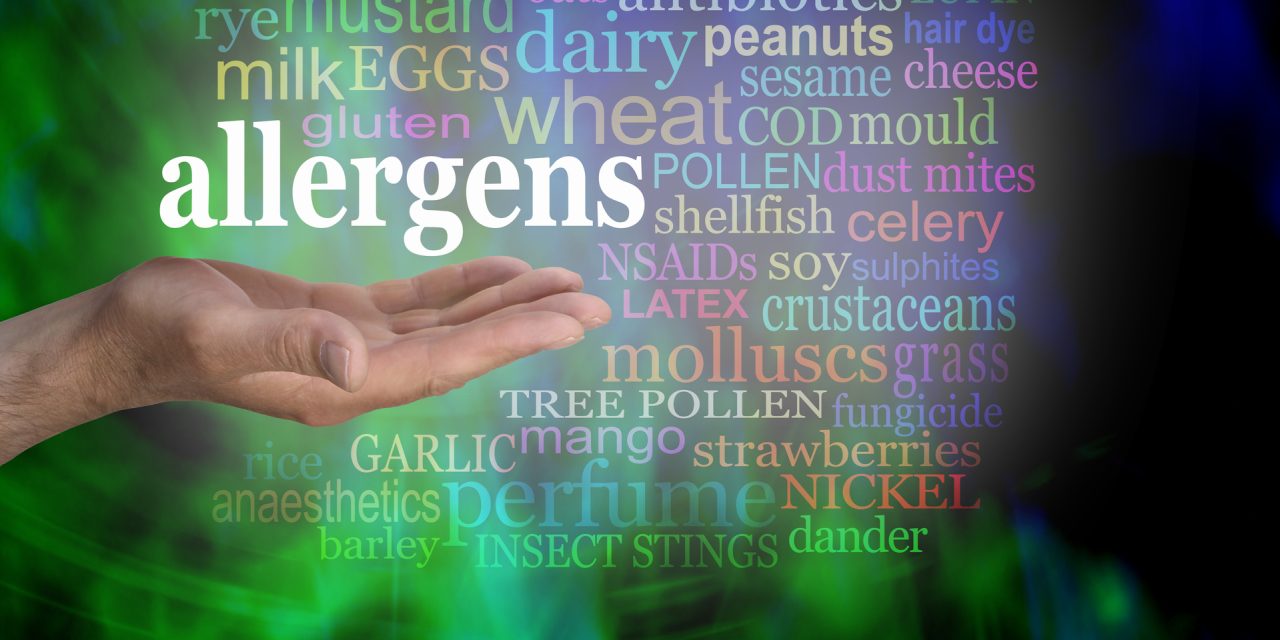Patients addicted to alcohol or drug often have additional unhealthy lifestyles, adding to the high mortality and morbidity in this patient group. Therefore, it is important to consider lifestyle interventions as part of the usual addiction treatment.
The aim was to identify predictors of successful changes in lifestyle risk factors among patients in treatment for alcohol or drug addiction.
We conducted a secondary analysis of a trial using a 6-week intensive integrated lifestyle intervention: The very integrated program (VIP). Patients were recruited in Addiction Centres Malmö and Psychiatry Skåne, Sweden. The primary outcome was successful changes in lifestyle, measured as quitting tobacco, exercising 30 min per day, and not being over- or underweight after 6 weeks and 12 months.
A total of 212 patients were included in the RCT, and 128 were included in this secondary analysis: 108 at 6 weeks and 89 at 12 months of follow-up. A total of 69 patients were respondents at both follow-ups. The follow-up rates were 51 and 42%, respectively. More education, having at least 2 lifestyle risk factors and having a high quality of life were predictors of a successful change in lifestyle after 6 weeks. After 12 months, the predictors for a successful outcome were having 3 or more risk factors, while an education level up to 3 years was a negative predictor.
Having several unhealthy lifestyles in addition to alcohol and drug addiction was a significant predictor of successful lifestyle changes in the short- and long term after the VIP for lifestyle interventions. Likewise, education was significant. The results should be considered in future development and research among this vulnerable group of patients.
© 2020 The Author(s) Published by S. Karger AG, Basel.
Characteristics of Patients in Treatment for Alcohol and Drug Addiction Who Succeed in Changing Smoking, Weight, and Physical Activity: A Secondary Analysis of an RCT on Combined Lifestyle Interventions.


